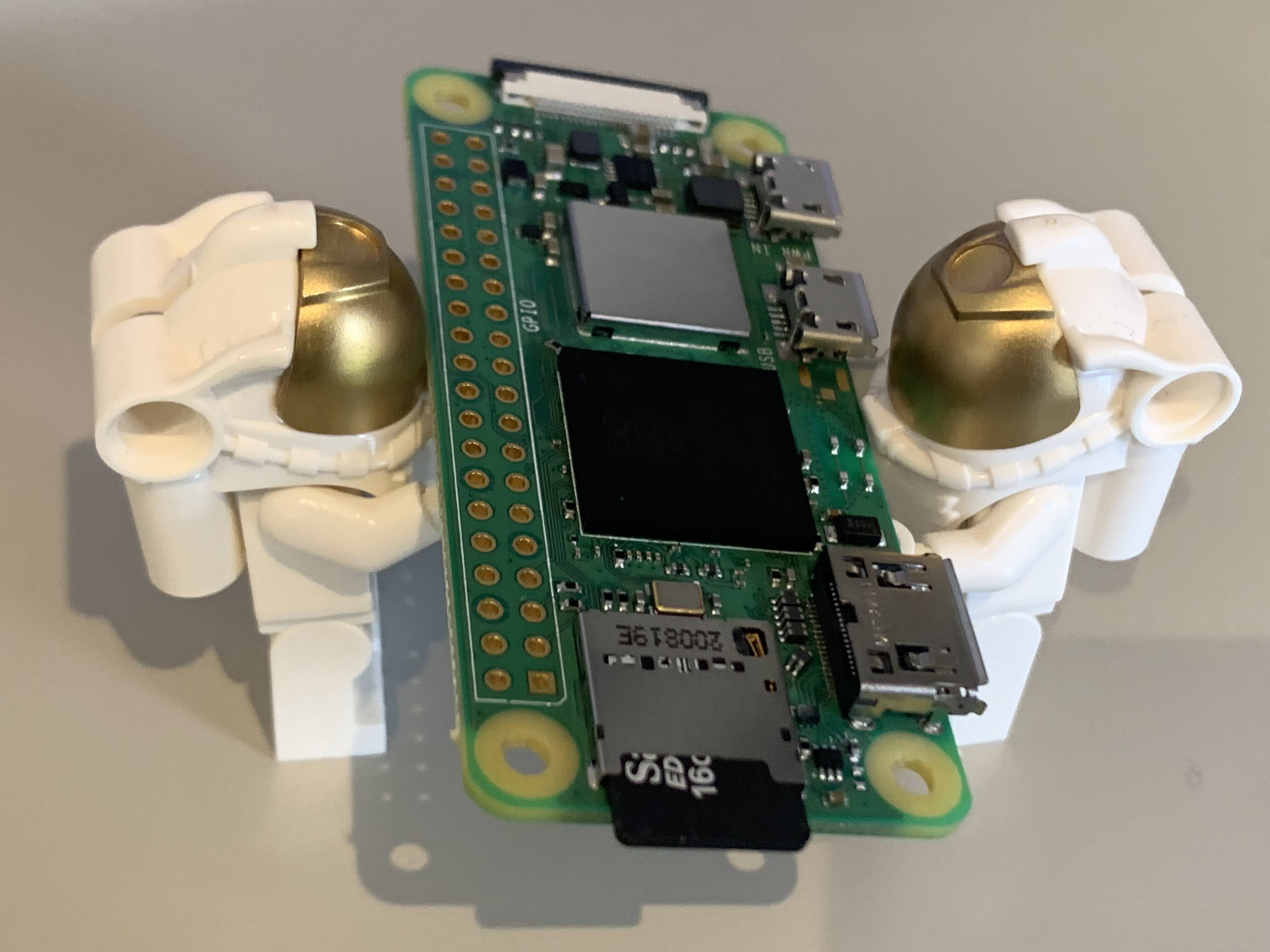- cross-posted to:
- hardware
- cross-posted to:
- hardware
cross-posted from: https://lemmy.world/post/23226680
I feel this article is looking at a bit of silver as if it’s the lining and writing an article about the cloud.
Definitely there’s less knowledge about how computers work nowadays: e.g. universities now have to teach Computer Science students how file systems and directories work, because kids are used to saving everything in the default folder and just searching for what they want (and we’re talking to those geeky enough to be doing CS).
But there’s more complexity now, and a lot of that stuff is just irrelevant busy work. I remember juggling IRQ lines when installing hardware but luckily that’s auto-configured now. I used to create boot discs and eke out enough memory by skipping the better graphics, mouse driver, etc when not needed but did that teach me much?
On the other hand, we used to have LAN parties as teenagers and would rebuild the networking stack for each game, including some performance tweaks (“Red Alert needs NetBIOS over IPX, right?” “Yeah, but disable the turbo encabulator”) and ¾ of us went on to do CS at uni. We certainly never thought of a web browser as “the internet” and we’re confident to explore knowing we could fix what we broke (and did, often).
Definitely there’s less knowledge about how computers work nowadays
There is as much knowledge (if not much more) about computing among people in general.
The big difference compared to the 90s (not to mention earlier) is computing is mainstream. Back then, you would likely have a home desktop and some people had work PCs. Internet was still a somewhat niche technology and internet services were crude and in limited in scope.
These days everyone has at least a smartphone and most likely a notebook. Everything has gone digital. Even (some) government services are accessible via mobile apps.
But I said how they work, not, say, how to use a computer to get onto a website. I’m thinking of future generation’s makers and tinkerers, which seemed to be the gist of the article you posted.
The surface of computing is quite polished nowadays, but that’s not entirely helpful when you can’t access anything under the surface to learn what makes it tick.



